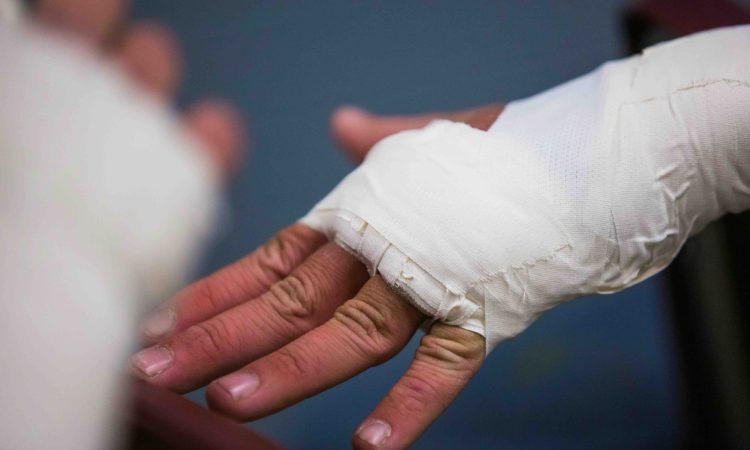
Court Reporting Pilot – How will this work for Family Courts?
For decades, UK family courts have handled proceedings behind closed doors and had strict restrictions preventing anyone from reporting what took place. However, this is now changing with the introduction of the Reporting Pilot, which follows the recommendations of the October 2021 Transparency Review. The pilot allows for increased public scrutiny, transparency, and a deeper public understanding of how the family courts work.
What is the Pilot About?
- The pilot allows accredited journalists and legal bloggers to report from selected family courts, provided they operate under strict anonymity protocols. The pilot was first introduced in Leeds, Cardiff, and Carlisle and is now being rolled out to other areas of the country. The aim has been to improve transparency, encourage and build public confidence, and give greater insight into how decisions affecting families are made.
- Earlier this year, the pilot expanded to include the East Midlands, meaning that the Nottingham and Derby Courts are now covered.
- The pilot cover both public law proceedings (where a Local Authority makes an application to Court) and private law proceedings (where the Court decides the arrangements for children when parents cannot reach an agreement themselves). Where appropriate, judges issue a Transparency Order, outlining what can be reported whilst ensuring and safeguarding the anonymity of the families involved.
Who Can Attend to Report on the Case?
Accredited journalists and legal bloggers (holding a UK Press Card or being authorised lawyers not involved in the case) can attend hearings and report on what takes place in court—including evidence presented and arguments made. They may also access some case documents, such as position statements, case outlines, skeleton arguments, indexes from court bundles, orders (if anonymised), chronologies, threshold documents, etc.
What Can be Reported?
- Case details & hearing content may be shared
- The names of legal professionals involved, such as solicitors, barristers and judges, can be reported
- Family members involved in proceedings may speak to journalists and be quoted, provided their anonymity is protected, to ensure they do not risk contempt of court.
What Cannot Be Reported?
- Any information that could identify an individual, such as names of children or family members, children’s dates of birth, locations such as towns or schools
- Highly sensitive content is excluded from reporting. This would include allegations of child sexual abuse or other sexual content involving a child
- Other personal details that could risk identification, such as ethnicity or occupation
- Parties involved in the case cannot publish anything. Even if a case is reported by journalists under the pilot, those directly involved are not allowed to publish articles blogs, or social media posts about their case, nor can they share or republish media coverage if it could lead to a child being identified.
How Will I Know if my case is eligible?
When you get your first order from the Court, known as Directions on Issue, it will confirm whether your case is eligible for the pilot.
How can we help?
Navigating family court proceedings can feel overwhelming, especially with the added changes brought by the Reporting Pilot. Our specialist family law team at Hopkins Solicitors is here to guide you through every stage of the process. We can:
- Explain what the Reporting Pilot means for your case, ensuring you fully understand what can and cannot be reported.
- Protect your rights and privacy, making sure your family’s anonymity is safeguarded at all times.
- Provide clear, practical advice on how hearings will work and what you can expect.
- Represent you with sensitivity and expertise, so you feel supported and confident throughout your case.
With six different offices located across Mansfield, Sutton-in-Ashfield, Kirkby-in-Ashfield, Nottingham and Heanor, we can support you. Reach out to us today to get an initial consultation meeting booked.
Request a CallbackRelated Articles
-

The Importance of Financial Remedy Orders in Divorce
Divorce is tough, but what comes after can be even tougher if you don’t protect yourself financially. Many people think…
-

New Year, New Start (Leaving a Domestically Abusive Relationship)
For many, the New Year often signals a new start. Sometimes people decide it is time to leave a relationship…
-

Defendant Personal Injury Claims: A Detailed Guide on the Process, Costs, PAD Applications, and How to Protect Your Business
At Hopkins Solicitors, our Personal Injury team frequently advises businesses, organisations, and individuals who are facing claims made against them….